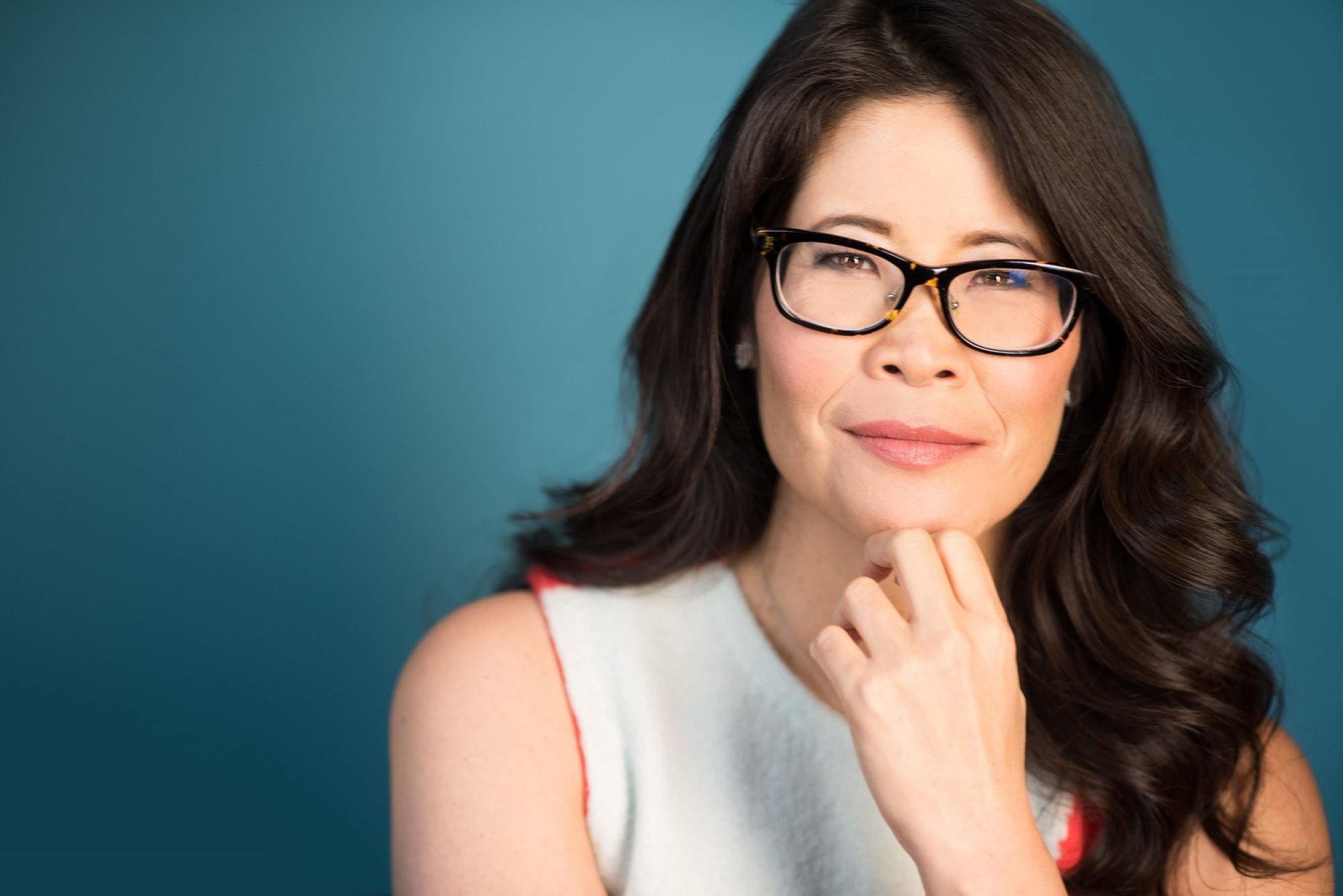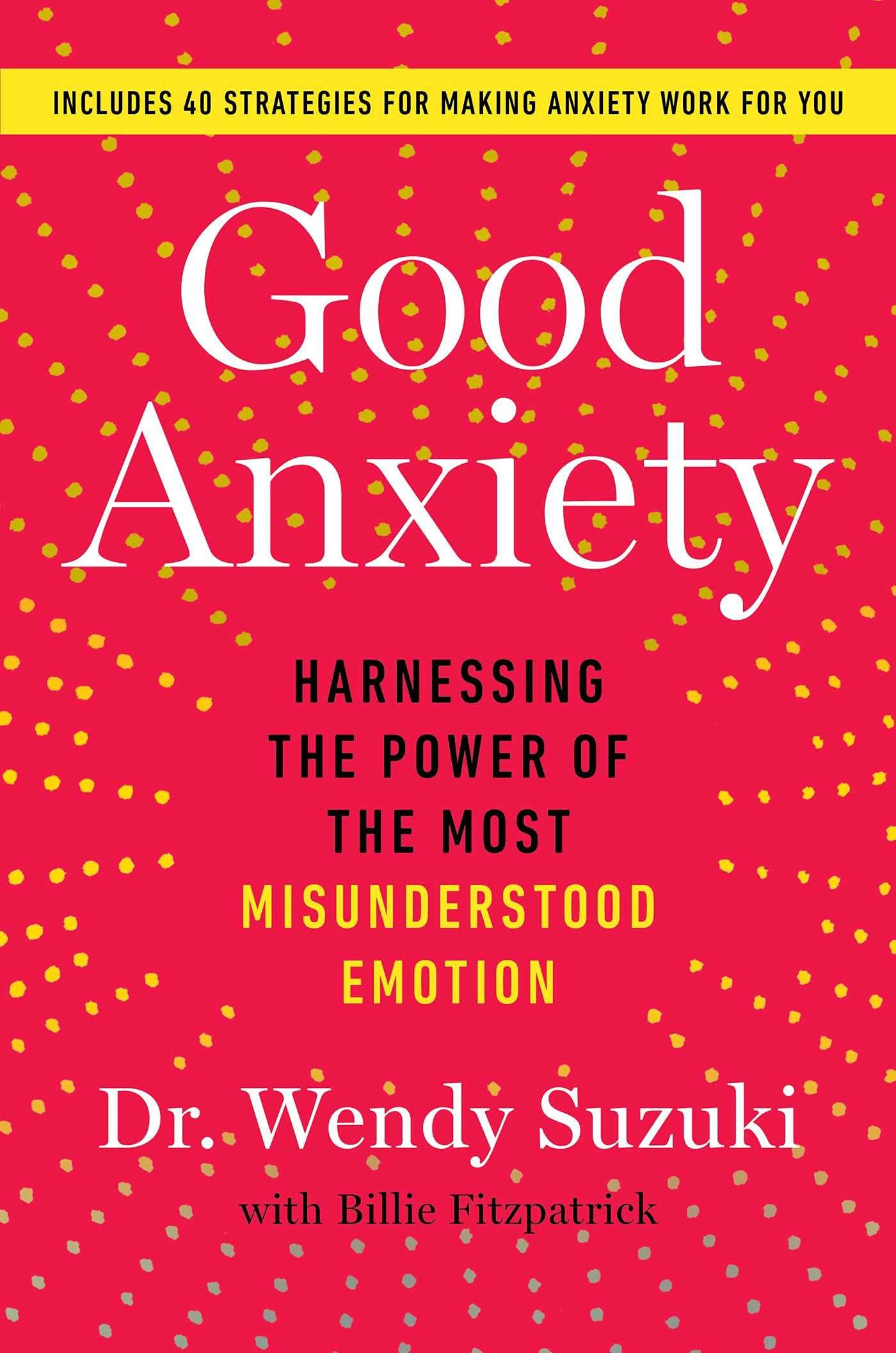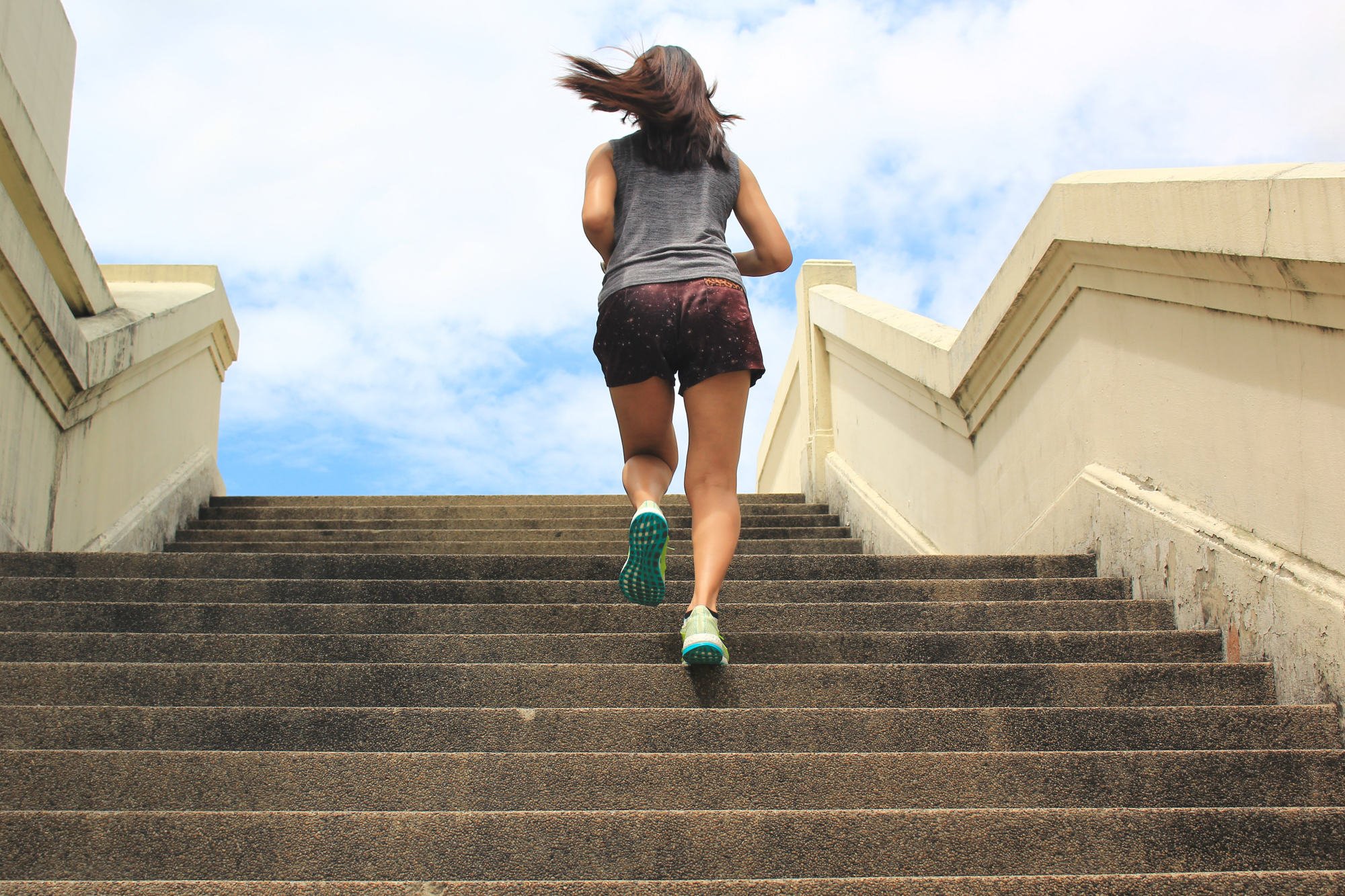
Feeling anxious? Don’t fight it, expert says – embrace anxiety and harness its power to become more productive and build resilience
- Rather than letting anxiety consume you, it is better to identify and manage the threat that’s causing it, and channel it into something that works for you
- Breathe deeply to keep calm, says a neuroscientist, and exercise to give your brain a ‘bubble bath’. When anxious, ask yourself ‘What can I learn from it?’
Anxiety is no stranger to us as we enter the third year of the coronavirus pandemic. We all know the symptoms – a tightness in the chest, the knot in the stomach, a restless night spent tossing and turning in bed.
The feeling is surely the enemy to our well-being, right?
Wrong, says Dr Wendy Suzuki, a US professor of neural science and psychology at New York University, who explains the research behind her assertion in her book Good Anxiety: Harnessing the Power of the Most Misunderstood Emotion.

Suzuki acknowledges that anxiety is meant to be unpleasant, and in the debilitating extreme that she calls “bad anxiety”, it can be destructive and require medical intervention.
But learning to harness the brain activation underlying general anxiety can be significantly more valuable than having no anxiety at all – and can unlock superpowers, she says.
The warning signs of stress, how it can make you ill and what to do
The first step towards learning how to channel anxiety is to understand what causes it. “Anxiety is a stress response evolved to alert us to a perceived external threat,” says Suzuki.
“Our brains are wired to detect danger, to defend us and to avoid pain, which is why, when we feel anxious, our heart rate increases, our breathing becomes faster and blood flows to our muscles.”
It is better to focus on identifying and managing the threat causing the anxiety than to become consumed by the anxiety itself.

“I find a lot of value in asking, ‘Where is this fear coming from?’ And the thing that surprised me is that I can be friends with my anxiety.
“If we approach anxiety as something to avoid, or dampen, we miss an opportunity to improve our lives. Listening to anxiety from a place of curiosity can guide us onto a path that leads to true well-being,” Suzuki says.
To reap the benefits of anxiety, we need to control the amount of it we are feeling.
“You can take deep breaths anywhere and anytime, even in the middle of a conversation,” she says.

“Moving your body has a transformative impact on both your cognition and your mood. Getting your heart rate up a bit, even with a short walk around the block, or climbing stairs, can have an immediate effect on your anxiety levels.
Suzuki has experienced this first-hand. “When I was about to turn 40, I hit the proverbial wall of midlife. I was 25 pounds (11.33kg) overweight, worked all day and was unhappy and lonely. But then I began to make a few small changes.
How flower art therapy helped a chronic anxiety sufferer
“Not only did I lose weight, but my relationship with anxiety changed. My anxiety did not go away but it showed up differently because I was responding to stress in more positive ways.
“The idea that I didn’t need to completely erase my anxiety was freeing. A lot of the distress we feel with anxiety comes from the resistance to it. We are fighting on two fronts – by being anxious and also feeling that we need to stop feeling anxious,” she says.
Chloe Brotheridge, a clinical hypnotherapist based in London who specialises in helping people with anxiety, and author of The Anxiety Solution, echoes this idea in her book.
“The problem is that mostly we just want our anxiety to go away as quickly and painlessly as possible. We ignore it. If we welcome anxiety as a teacher, it can help us to learn something about ourselves. Paradoxically, embracing our anxiety can be the quickest way to live a less anxious life,” she writes.

Channel anxiety positively to unlock three superpowers
Suzuki highlights three superpowers that can be unlocked through channelling anxiety positively.
1. Productivity. Anxiety is often accompanied by a “what if” list: What if I get Covid-19? What if I fail the test? What if I don’t get the job? But everybody can turn their “what-if” list into a “to-do” list, answering anxiety with action.
Start by making a list of actions you can take. Worried about the upcoming exam? Review the most difficult material. Worried about not acing a job interview? Make a list of potential questions you could be asked.
“The best thing about this approach is that it channels the energy you waste on worrying and transforms it into constructive action,” says Suzuki.

2. Flow. Suzuki says that anxiety cuts off the feeling of flow, a deeply engaged state in which performance accompanies an effortless state of mind.
She advises focusing on brief moments in which you feel in sync with yourself, despite feeling stressed, times in which calm and still come together to make you feel good. Anxiety teaches you to appreciate these small moments.
“I found these moments in doing savasana [the fully relaxed corpse pose] at the end of a yoga class,” she says.
How exercise helps you deal with grief, reducing depression and anxiety
People are thrown into stress-inducing situations in which there is at least one way out, and this knowledge makes them more resilient.
The next time you feel anxious, don’t fight the feeling, embrace it. Ask yourself “What is my anxiety trying to show me? What can I learn from it? How can I apply the wisdom of what those emotions are telling me?” And turn it into your superpower.

